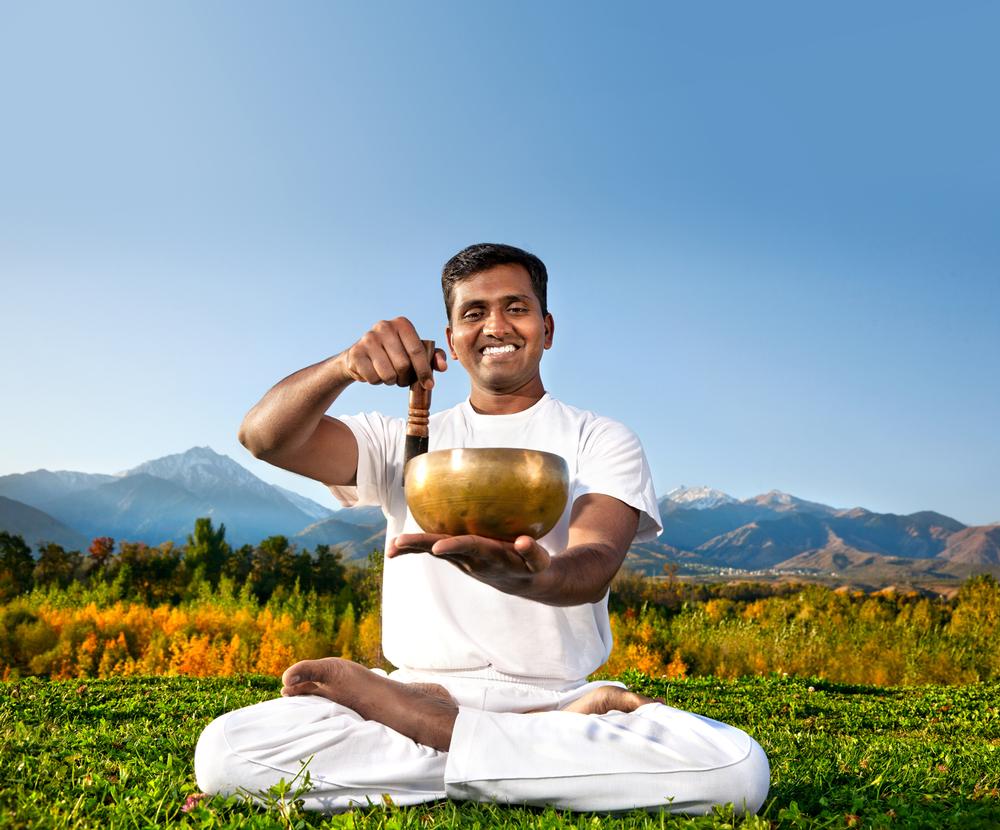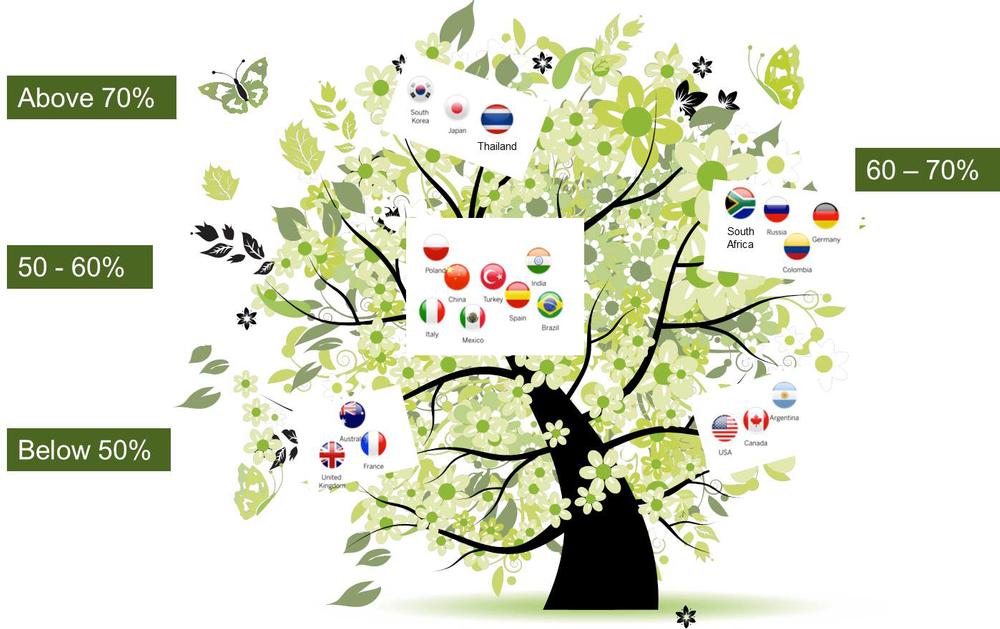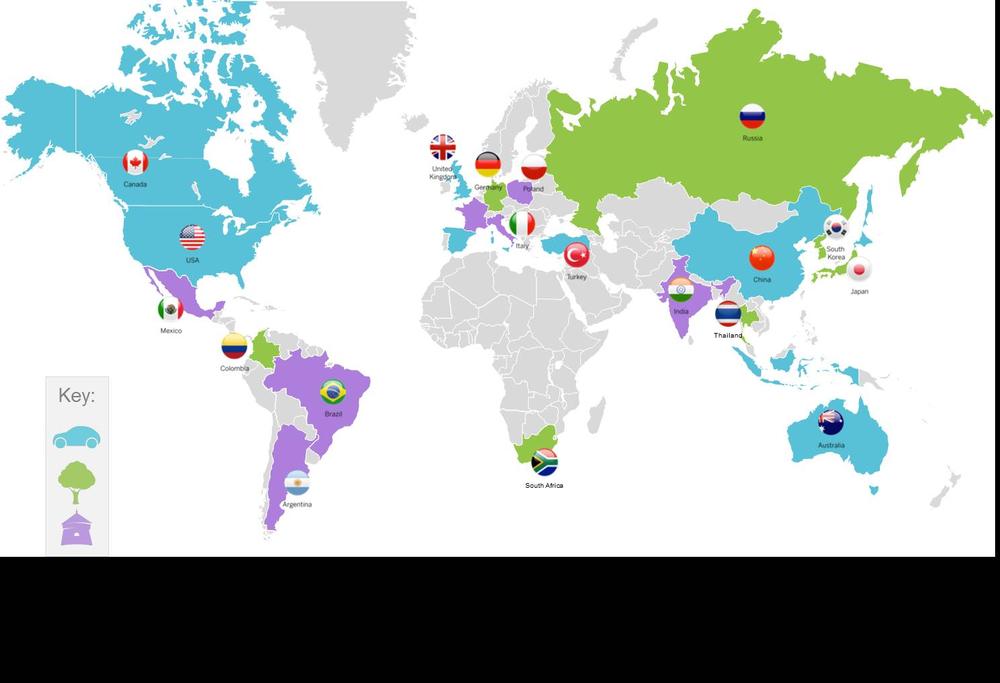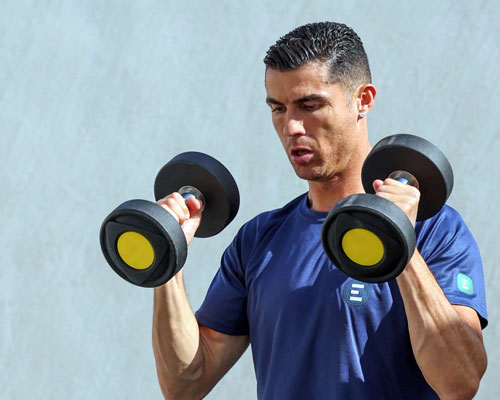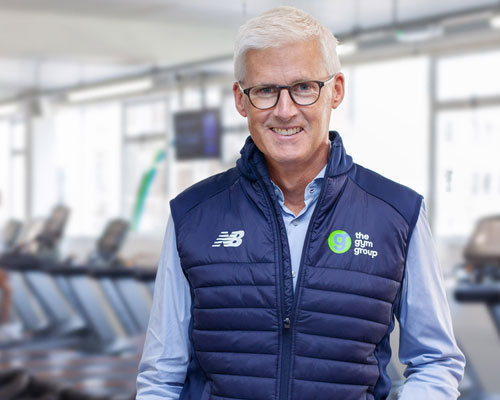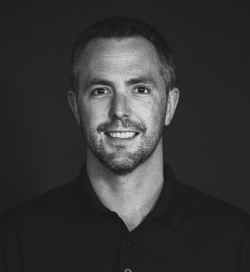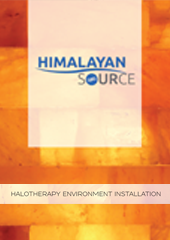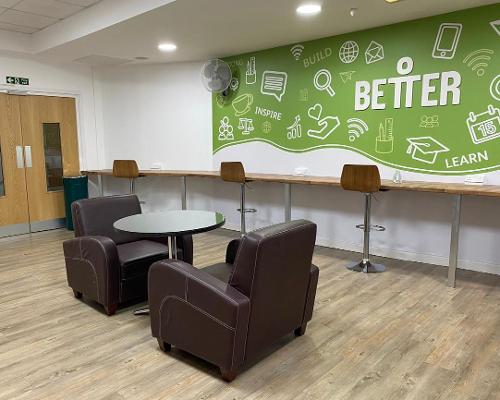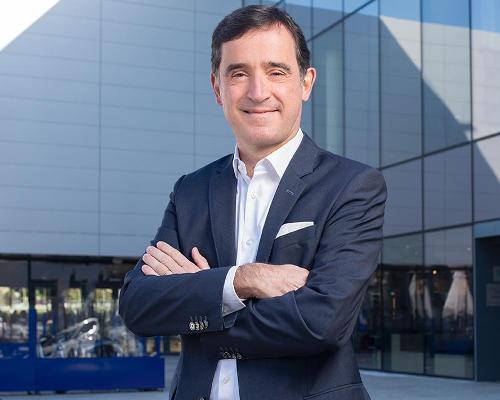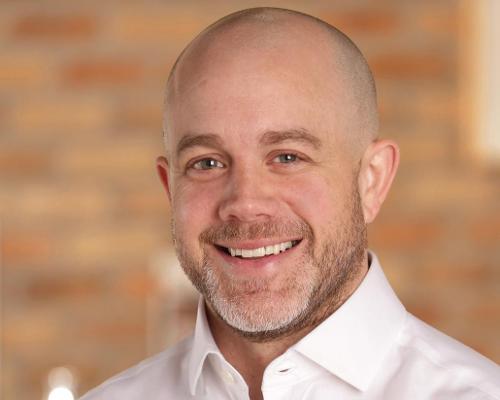features
Global health trends: The wellness opportunity
Tomi Isaacs gives an overview of the health and wellbeing landscape as captured by The Futures Company’s latest Global MONITOR studies
Responsibility for healthcare is increasingly being pushed onto the public. With public spending under pressure and greater concern over the social and economic costs of both dealing with and not dealing with health, governments progressively nudge us to take better care of ourselves – creating challenges and opportunities to shape the global health and wellbeing landscape.
Increased longevity has always been seen as the ideal, but many are now beginning to question whether life expectancy should be the main focus of our assessment of the quality of life, which inevitably declines as the ageing process takes place. In addition, with the cost of an extra year of life estimated to increase from US$100,000 to US$300,000 in the US by 2050, we will see growing debates over who has the right to decide whether treatment is viable. This issue is highly polarising, and we could see decisions about who receives healthcare shift from the healthcare providers to those patients who can afford to pay for it.
In the meantime, WHO estimates that 388 million people will die worldwide from chronic disease over the next 10 years, at an unsustainable cost of approximately 3 per cent of global GDP. However, it also estimates that 36 million of these deaths could be averted through better lifestyle choices, with data showing the two most common causes of death in the world to be lifestyle diseases – namely heart disease and stroke.
The positive financial implications of lowering the incidence of lifestyle disease by encouraging people to take responsibility for their health would be significant: if there were a modest 10 per cent reduction in mortality from heart disease and cancer, it could save US$10.4trn in the US alone on an annual basis – which, among other benefits, could potentially mean funding being directed to more cost-effective healthcare interventions for non-lifestyle related diseases.
Unlocking new markets
The imperative to take care of ourselves is heightened when we consider that, for the first time ever, diseases associated with obesity are a greater global health burden than those associated with lack of nutrition.
Globally, over 40 million preschool children were overweight or obese in 2008, and excess weight among the adult population is also significant: global sales of weight management-positioned food and beverages amounted to a staggering US$163bn in 2012, and we expect this to grow.
However, this represents a big opportunity for the health and fitness industry, with a huge proportion of the global population wanting to lose or manage their weight. Rather than allowing people to simply turn to diet for the solution, better education is required regarding the calories in:calories out equation, whereby physical activity also plays a role.
Indeed, helping consumers across all age groups to make choices that lead to living healthier lifestyles is a challenge the fitness industry needs to accept, focusing on driving innovation, creating incentives and inspiring motivation. Companies and brands that support consumers in navigating the wellbeing landscape will unlock new sources of growth for decades and inspire consumer loyalty.
The consumer response
Part of consumers’ increased responsibility over their individual health is the recognition that emotional and spiritual health are as important as physical health in achieving overall wellness. This holistic approach to wellness has led consumers to adopt a wide range of measures with the aim of making themselves feel happy, healthy and strong.
Global MONITOR (see above) data reveals that just over half (52 per cent) of people take steps to improve their health, regardless of whether they feel ill or not: a self-managing approach to wellbeing that echoes the preventative mindset we’re now seeing on the rise across the majority of global markets. However, despite this, fewer than half of consumers worldwide say they are satisfied with their emotional and physical wellbeing.
Understanding consumers’ approaches to health can be complicated, as they are often very personal and heavily influenced by cultural nuances. Global MONITOR uses a metaphor to explore this complexity and visualise the potential strategies people may use. We ask consumers: ‘How do you think of your body?’ and offer them three options.
The Car is the metaphor for those people who see their body as a machine in which the component parts can be fixed. Among this group, strategies tend to be short-term and reactive.
Those who identify with the Fortress see their body as something they have to strengthen and defend against external attack. This is also short-term, but predominantly a proactive approach.
Finally, the Tree is for those who see their body as something they nurture, taking an ongoing holistic approach to managing health. This is a much more long-term, proactive strategy.
It is this final option, with its holistic approach to managing health, that’s here to stay: the percentage of Global MONITOR respondents identifying with the tree rose from 50 per cent in 2006 to 56 per cent in 2013 (car fell from 20 to 15 per cent, while fortress went up just 1 per cent, from 28 to 29 per cent).
This growing interest in a holistic approach is evident across all markets, although there remain big differences: in Thailand, Japan and South Korea, over 70 per cent of people picked tree; in South Africa, Colombia and Germany, tree came in at 60–70 per cent. (See Figure 1, above)
Meanwhile in Spain, Italy, Brazil and India, tree registered between 50 and 60 per cent, but with fortress also important; in China, tree was also 50–60 per cent but car came out above average; and markets including the UK, US, Canada and Australia remained below 50 per cent for tree, with car above average. Interestingly, tree logged above average responses in Russia. (See Figure 2, p58)
One of the big shifts registered in the above findings has occurred in some Asian markets, where a holistic approach was traditionally more of a culturally embedded behaviour. We’re beginning to see movement towards a more defensive strategy, however: a 10 per cent shift from tree to fortress in India, for example, indicating a more mixed approach to self-health management. We suspect this could this be a response to recent risks of contracting foreign-derived viruses such as bird flu.
The market response
Whether consumers view their bodies as cars, fortresses or trees, opportunities abound to support those working to optimise their overall wellbeing. There has been significant innovation in this space, with some of the emerging hotspots including innovations that help people to manage their mental acuity, boost the body’s renewal processes and protect themselves against disease.
Current innovations in the market include Kinohimistu, a lutein drink from Japan that claims to preserve optical health; from the US, drinks that (once ingested) help to keep skin looking young while asleep; and Vigo, a chewing gum from Sweden that’s said to increase mental performance – to mention a few.
Meanwhile, in the space of self-monitoring, devices such as Fitband and Fuelband can help consumers to track and potentially optimise their health and fitness levels. However, the full impact of such devices will only be realised if consumers are motivated by improving their records rather than passively reading the data fed back to them.
At the Israel Institute of Technology, professor Hossam Haick is developing an artificial nose that can detect molecules in human breath that are symptomatic of head, neck and lung cancers. If this product gets to market, it could give consumers even more insight and control over their healthcare.
Also, 3D printing of bespoke transplant organs is on the horizon in the UK – a capability that could support those who take more of a ‘car’ approach to their personal maintenance.
Future opportunities
The business landscape is changing, with an opportunity to reframe wellbeing and move brands into the lifestyle choice space, where there are more points to connect, serve and support consumers in their quest for better health.
We will see an increase in corporate wellness schemes as employers take an active interest in employees’ wellbeing as part of a commercial agenda – as well as their duty of care.
Meanwhile, our ability to collect and analyse big data about individual health indicators will deliver solutions at mass and personalised levels. With the cost of decoding an individual genome likely to fall from between US$10,000 and US$25,000 to just US$1,000 within the next two years, we can expect to see the personalised health market explode.
Our message to companies and brands is simple: seize the opportunity. There has never been a better time for brands to shape the future of wellness and assist consumers in their quest to live better and healthier lives.
The global momentum behind wellness is poised to impact everything about the way we live our lives, from the products we buy to the places we work and play.
About Global MONITOR
Global MONITOR is a comprehensive set of resources for global foresights and trends that provides insight into the global and local forces shaping the business environment, consumers and brands. The resource includes data and analysis from a consumer survey that covers 28,000 respondents across 21 countries.
The Futures Company is an award-winning global strategic insight and innovation consultancy with expertise in foresight and futures. It unlocks new sources of growth for its clients through consultancy, global insight and a range of subscription solutions. The Futures Company is a Kantar company within WPP, with teams in Europe, North America, Latin America and Asia, and was formed through the integration of The Henley Centre, Yankelovich and TRU.
Twitter @FuturesCo
Web www.thefuturescompany.com
